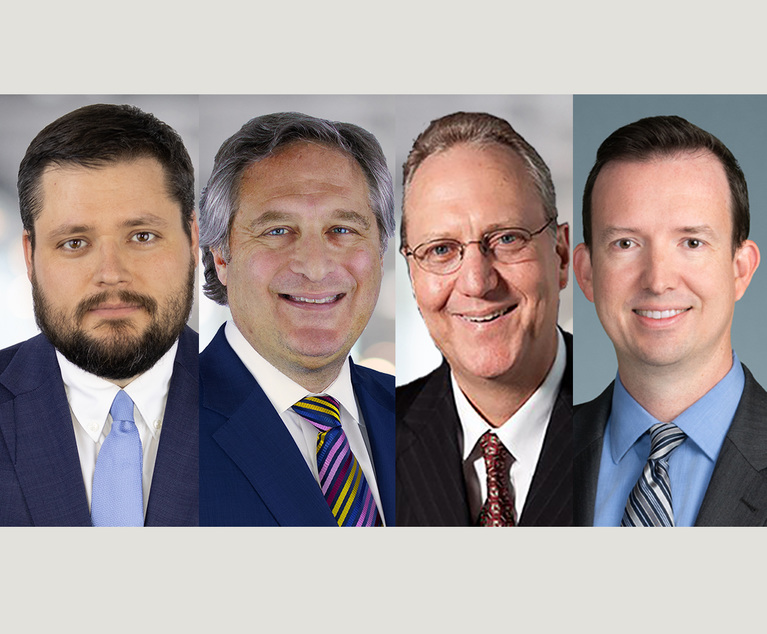The six-year national slide in bar exam pass rates looks to be at an end.
All but a handful of jurisdictions have announced their results for the July exam, and the vast majority posted modest gains in their overall pass rates while a smaller number saw pass rate increases of 7 percentage points or more. That’s a welcome change for legal educators, who have been trying for years to reverse the decline in bar passers.
This content has been archived. It is available through our partners, LexisNexis® and Bloomberg Law.
To view this content, please continue to their sites.
Not a Lexis Subscriber?
Subscribe Now
Not a Bloomberg Law Subscriber?
Subscribe Now
LexisNexis® and Bloomberg Law are third party online distributors of the broad collection of current and archived versions of ALM's legal news publications. LexisNexis® and Bloomberg Law customers are able to access and use ALM's content, including content from the National Law Journal, The American Lawyer, Legaltech News, The New York Law Journal, and Corporate Counsel, as well as other sources of legal information.
For questions call 1-877-256-2472 or contact us at [email protected]


 Photo: Shutterstock.com
Photo: Shutterstock.com




